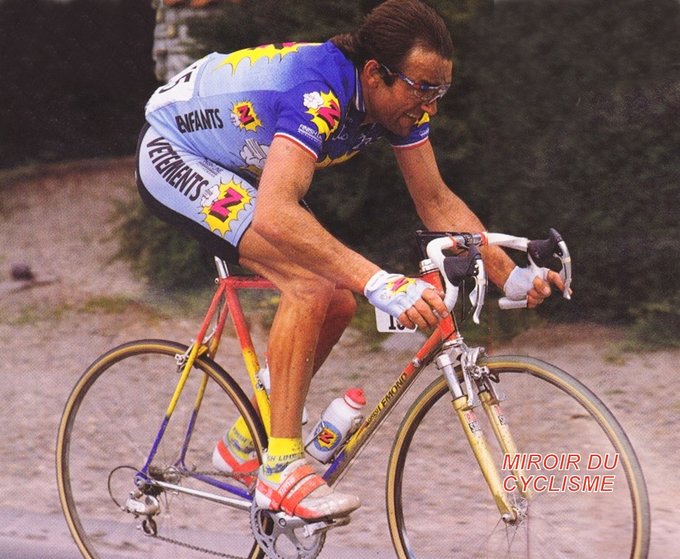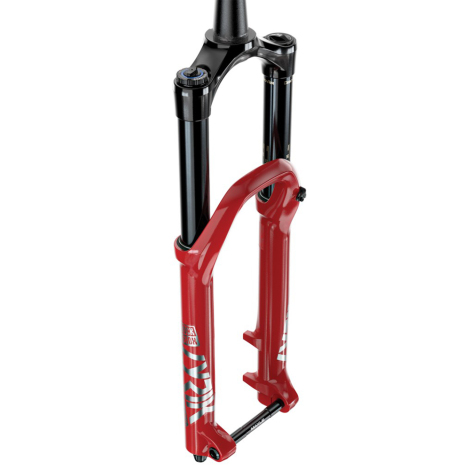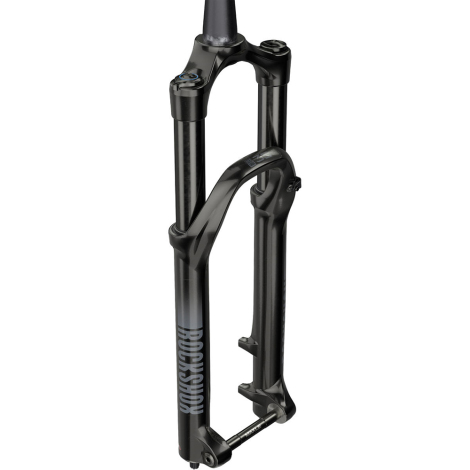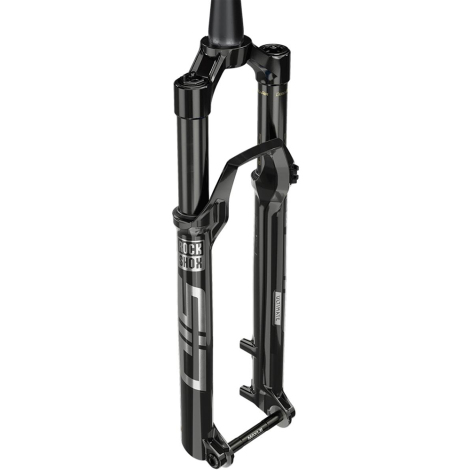RockShox are the worlds’ leading manufacturer of suspension forks and rear suspension units. With 30 years of experience in the industry, they are the most experienced bike suspension manufacturer. The business played a pivotal role in the development of the early MTB boom in the early 1990’s and have been a played a consistent role in the development of mountain bikes ever since.
Early Days
The origins of RockShox is the story of one man – Paul Turner. It took more than just him to make the brand but without him none of it would have happened. Paul Turner was born in 1959. He raced motorbikes as a teenager. He was extremely into anything on two wheels. At the age of 18 he started a company selling motorbike bits and bobs. After he got a bit bored with doing that he landed a job as a factory mechanic for the Honda professional motocross team.
Born into MTB
During the mid- to late-1980s Turner got interested in the new boom activity – mountain biking. In 1987 he teamed up with Keith Bontrager and made a prototype mock-up of a full-suspension mountain bike that they showed at the Long Beach bike trade show. Despite the bike’s muted and mocked reception, the ball was rolling. In 1989 Turner bought some things from one of his motorbike industry contacts, Steve Simons and set to work assembling some bike forks in his garage.
Simons saw the opportunity and potential of the business and officially joined Turner in forming RockShox. They hired Thomas Dooley to design the now iconic logo and brand marketing. Turner sponsored top racer Greg Herbold as a test rider and company spokesperson.
90s Domination
Herbold won the 1st Downhill World Champs in 1990 on a set of RockShox forks. In August that year 100 RockShox RS-1 forks were made. By 1997 RockShox were selling a million forks and had revenues of $100 million. Their market share was around 60%. It was boom time for mountain biking and RockShox.
Stay Off the Road!
In 1991 RockShox made their relatively short-lived venture into professional road racings hardest single day race, the Paris Roubaix. Greg Lemond and Gilbert Duclos Lassalle (below) used the forks in the race across the rough, rutted farm tracks of northern France. The following year, French rider, Lassalle won on RockShox forks and gave worldwide attention to the brand amongst road riders and fans. The following couple of years saw many Paris Roubaix riders choose Rockshox forks and some even full sus’ road bikes (These included a visually-challenging full suspension Bianchi).

Competition
From the year 2000 onwards, things were different. Competition had got much, much fiercer. Companies such as Marzocchi, Manitou, RST and Fox were taking market share and limiting RockShox’s dominance.
In 2001 RockShox reported a $10 million loss.
Sram
In 2002 RockShox were taken over by Sram. Sram formed in Chicago in 1987 and built a business model of acquisition and R&D. Gripshift was their foundation product, in the late 90’s they had acquired component company Sachs Bicycle Components, before Rockshox in 2002. RockShox production moved from Colorado to Taiwan.
Diversification
Since 2002 the brand have had plenty of opportunities to adapt and develop new models. With 26″ wheels rolling into extinction, and 29″ and 27.5″ coming along, not to mention fat bikes, plus bikes and even gravel bikes. RockShox have not been short of new avenues to developn their impressive range.
See the latest range of RockShox forks at Merlin here
| Intended Use | Model |
| Cross Country | SID SL, SID Ultimate |
| Trail | Reba Pike Revalation |
| Enduro | Lyrik, Yari, Zeb |
| Downhill | Boxxer |



